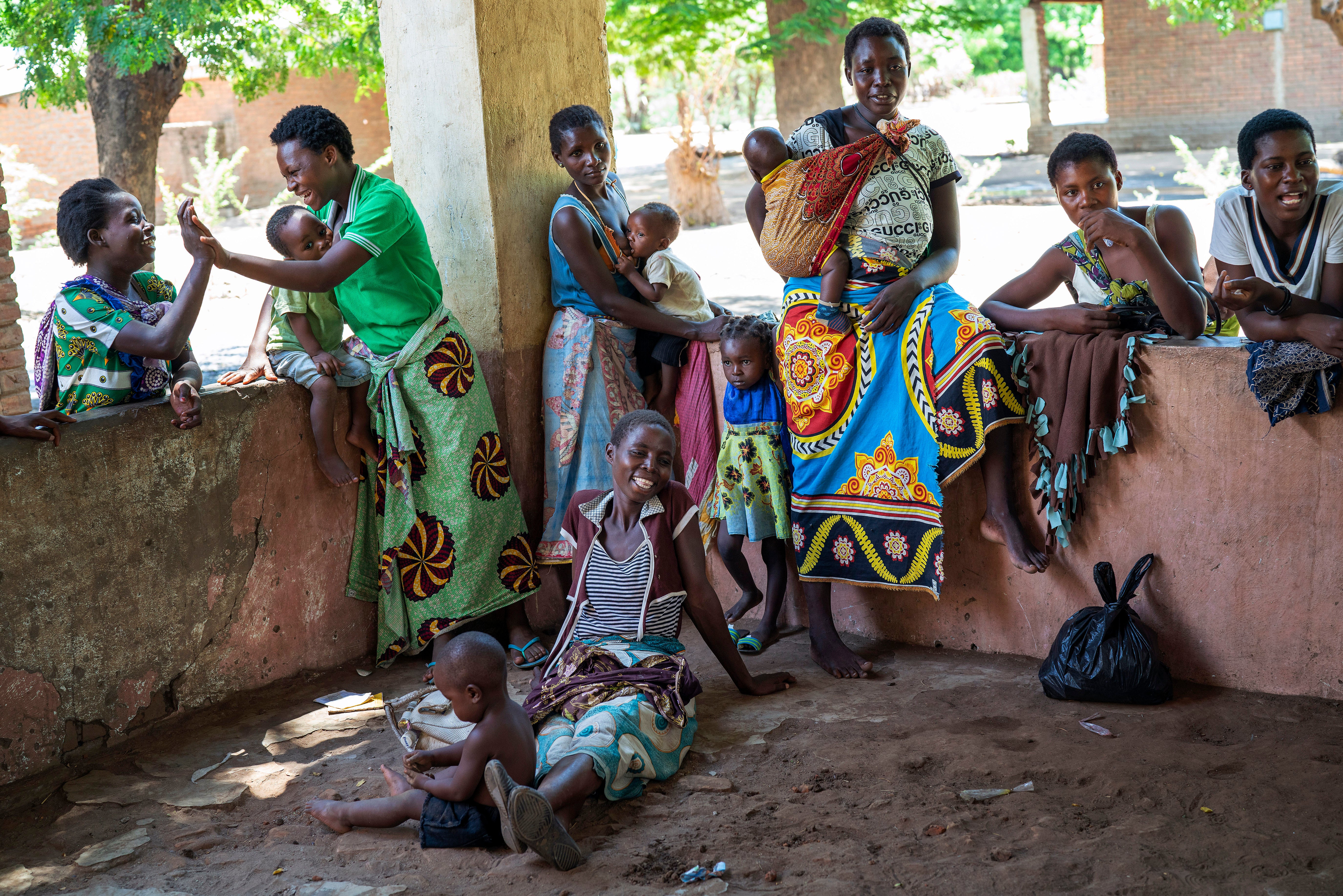WHO Africa sees 10-year growth in healthy life expectancy
Africa's regional health body announced on Thursday that the continent recorded a ten-year increase in its healthy life expectancy from 2000 to 2019, citing a new report that also shows it is the highest growth for any region across the world over the same period

Your support helps us to tell the story
From reproductive rights to climate change to Big Tech, The Independent is on the ground when the story is developing. Whether it's investigating the financials of Elon Musk's pro-Trump PAC or producing our latest documentary, 'The A Word', which shines a light on the American women fighting for reproductive rights, we know how important it is to parse out the facts from the messaging.
At such a critical moment in US history, we need reporters on the ground. Your donation allows us to keep sending journalists to speak to both sides of the story.
The Independent is trusted by Americans across the entire political spectrum. And unlike many other quality news outlets, we choose not to lock Americans out of our reporting and analysis with paywalls. We believe quality journalism should be available to everyone, paid for by those who can afford it.
Your support makes all the difference.Africa recorded a ten-year growth in its healthy life expectancy from 2000 to 2019, the World Health Organization Africa office said Thursday, exceeding the global average and progress seen in any other region over the same period.
The healthy life expectancy in the region “rose by almost ten years to stand at 56 years in 2019 compared with 46 years in the year 2000,” Dr. Lindiwe Makubalo, assistant regional Director for WHO Africa, said at an online briefing, citing the new WHO’s State of Health in Africa report.
The gain exceeds that of the average global healthy life expectancy that increased by five years over the same period, Dr. Makubalo said, attributing it to better essential health services, improvement in health service coverage, in productive and maternal health and in health services to tackle infectious diseases.
Despite the progress made, "we certainly have a lot to do and we seem to be ready to move together,” the WHO Africa official said, warning that life expectancy in the African region is still below the global average of 64 years.
“Unless countries strengthen and make greater investments in the development of health systems as well as implementing effective catch-up plans, these life expectancy gains could easily be lost,” she said, warning also that the COVID-19 pandemic which had “greater disruptions” to essential health services in Africa compared to other regions may also affect the continent’s healthy life expectancy estimates.
Health systems across the continent have been overstretched mostly by the COVID-19 pandemic but also by other disease outbreaks such as monkeypox, cholera and Lassa fever. Countries such as Nigeria, the continent’s most populous nation, are battling as many as five of these outbreaks.
To improve the health systems beyond the pre-pandemic levels and achieve “quality, equitable and accessible services for all,” a major step would be in boosting public health financing, Dr. Makubalo said, noting that only seven countries in the region fund more than half of their annual national health expenditure.
“Over the past 20 years, out-of-pocket expenditure has increased in about 15 countries,” the official further said of the health situation in Africa, urging nations to do more to improve access to essential health services.
A case in point for countries recording massive gains is Botswana where universal health coverage is “the cornerstone of our development and our response or approach to health care delivery in the country,” according to Moses Kitele with Botswana’s Ministry of Health.
“We have made some strides in attaining UHC (universal health coverage) particularly with regards to minimizing the financial hardship,” Dr Kitele told the briefing, citing a recent WHO-funded study which shows that less than 1% of the households in Botswana face catastrophic health spending associated with health care.
A similar feat could be replicated in other parts of the continent, said Makubalo, the assistant regional Director for WHO Africa. The WHO’s State of Health in Africa report, she said, “provides us with an opportunity to reflect on where we are and the progress that has been made.”
“We cannot be complacent; there is so much that needs to be done especially the post-COVID-19 period,” Makubalo said. “We do need to sustain investments, to sustain efforts, to continue to build and to continue to work together.”